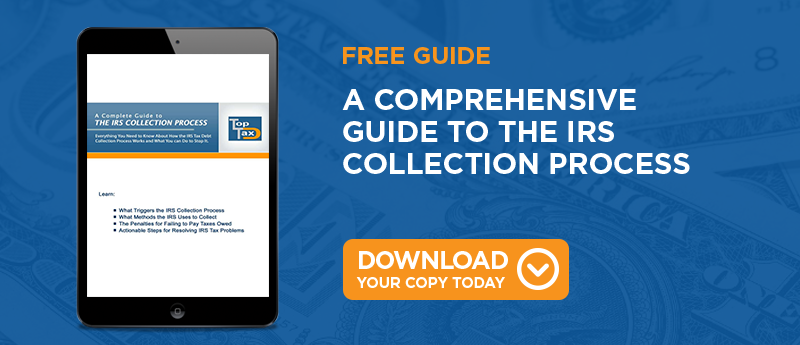Qualifying and Applying for a First-Time Tax Penalty Abatement
The IRS takes its obligation to collect tax revenue very seriously. Nonetheless, it may offer a proverbial olive branch to taxpayers who fail to file or pay their taxes on time.
This courtesy comes in the form of a reprieve known as a First-Time Penalty Abatement. You may take advantage of this program offered by the IRS by learning how it works and whether or not it applies to your particular circumstances.
Qualifying Penalties
The IRS utilizes a range of penalties to encourage taxpayers to remain compliant with the tax codes. To qualify for this first-time abatement program, you must have penalties levied against you for any of these circumstances:
- Failure to file a tax return
- Failure to pay your owed taxes
- Failure to deposit
Abatement Definition
You may wonder just what the one-time Tax Penalty Abatement program entails. In essence, this program is a reprieve that allows you to escape the penalties levied against you because of not filing or failing to pay your taxes.
As its name implies, you will only be allowed one reprieve, and it must be for the tax year for which you are applying. It cannot be applied to several years' worth of penalties. In fact, you must have been compliant with filing and paying your returns for the prior three years before this courtesy can be extended to you.
Abatement Qualifications
As noted, one of the qualifications for this abatement centers on your being compliant with filing and paying taxes for the prior three years before applying for this program. You also must have good reason for failing to file or pay your tax obligation. Some of the events that qualify as good reasons include:
- Sickness
- Injury
- Death
- Fire
- Natural Disaster
- Inability to Obtain Tax Documents
- Mistakes on Tax Documents
- Undue Hardship
- Forgetfulness
- Bad Tax Preparer Advice
When it comes to qualifying for this reprieve, the IRS considers a wide array of circumstances. Many people in fact qualify for this program, yet fail to ask for it. If you believe that you underwent an event that legitimately prevented you from remaining compliant with the tax codes, you would do well to apply for this tax abatement.
Requesting Abatement of IRS Penalties
If you are interested in seeking this courtesy from the IRS, you must follow the outlined procedure for doing so. First, your request must be made in writing. You cannot email or call the IRS to ask for the abatement.
After you write the letter asking for the abatement, you must then mail it to the appropriate IRS service center for your geographic area. You can find out your IRS service center's location by visiting the IRS' website.
If you are requesting this abatement in response to written notification from the IRS about your penalties, the letter must be mailed to the address listed on the IRS communication to you. If you are approved for this courtesy, you can expect to receive an IRS letter 3502C or 3503C in the mail.
The IRS requires that all taxpayers file and pay their taxes on time each year. For those individuals who are unable or failed to comply, they can expect to have penalties levied against them. The First-Time Tax Penalty Abatement exists to help otherwise compliant taxpayers avoid these fines and punishments. You can make use of this program by finding out the qualifying circumstances and how to request it for your tax circumstances.





